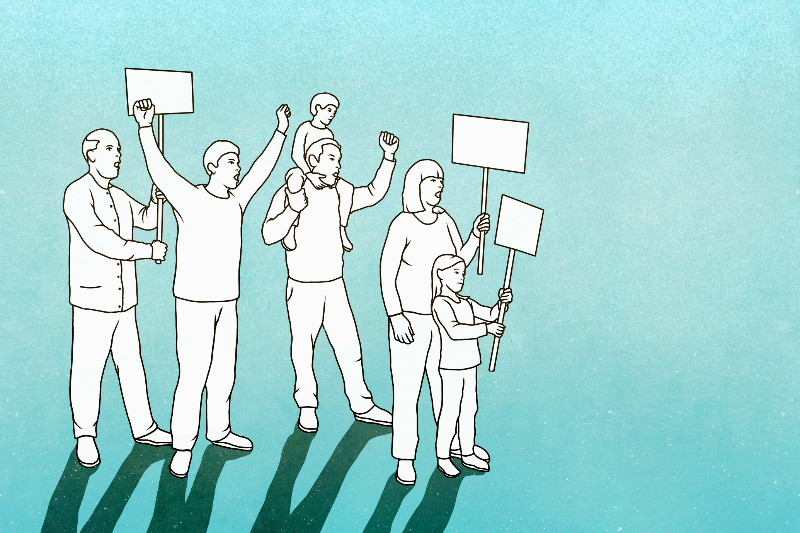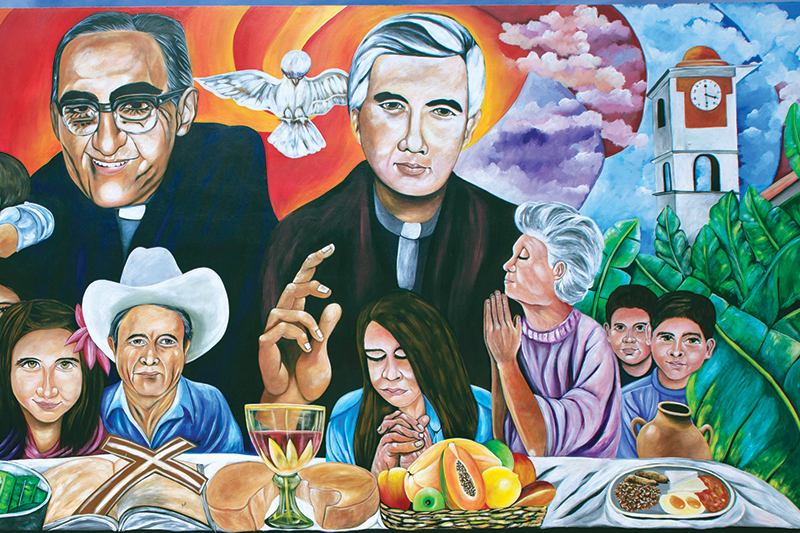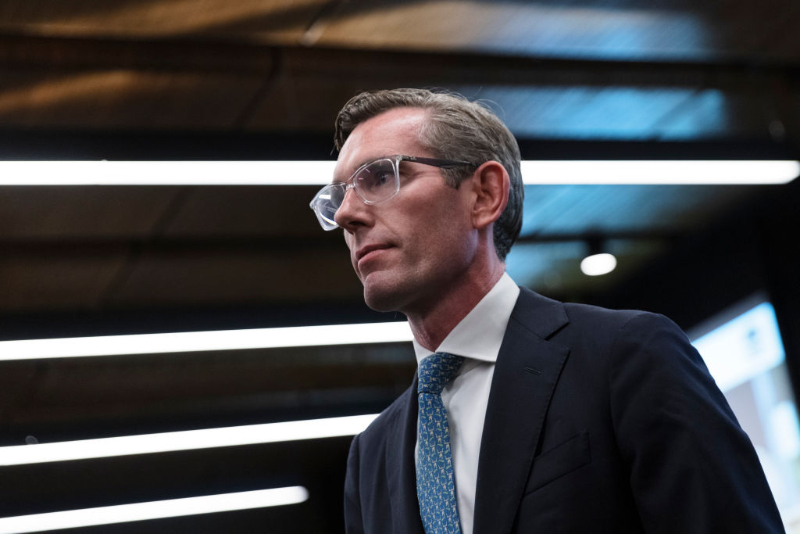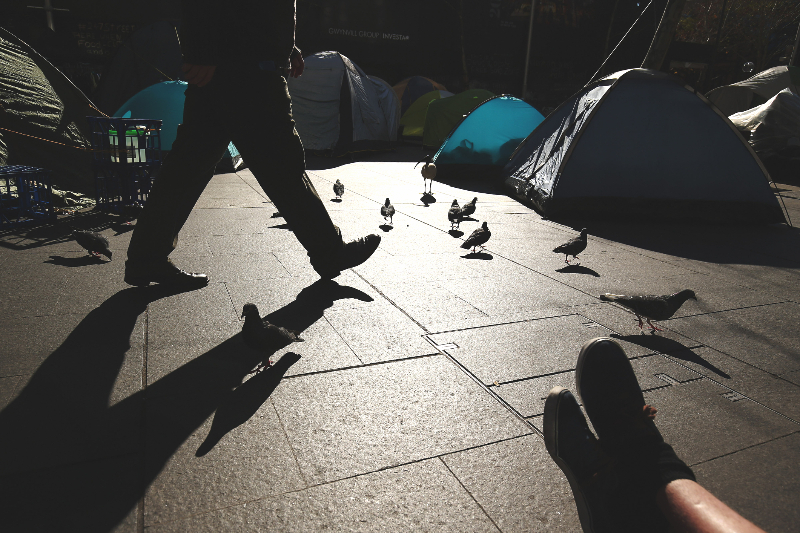Keywords: Comment
There are more than 200 results, only the first 200 are displayed here.
-

AUSTRALIA
- Julian Butler
- 22 February 2022
5 Comments
Having previously spent time as lawyer working predominantly in the Children’s Court of Victoria, there isn’t too much about the State’s treatment of young people that shocks me. That is, until a few weeks ago when I was drawn to the final item of The Weekend Australian’s editorial column. Under the heading, ‘Hurt boy’s inhuman treatment’, was set out the details of a 15-year-old West Australian boy who had been ‘locked alone in a glass-walled observation cell of a juvenile detention centre in the southern suburbs of Perth for 79 days.’
READ MORE 
-

AUSTRALIA
- Binoy Kampmark
- 08 February 2022
12 Comments
It should be troubling for anyone, religious, secular or agnostic, to be told that a human being wields anything approximating to ‘God like’ powers. That very suggestion implies a power unreviewable, unaccountable and at odds with the earthly rule of law.
READ MORE 
-

ECONOMICS
- David James
- 31 January 2022
5 Comments
There is a great deal of commentary about the growing importance of artificial intelligence, or AI, especially in business circles. To some extent this is a self-fulfilling prophecy — if people think something will have a seminal effect then it probably will. But if the supposed commercial benefits are significant, the dangers are potentially enormous.
READ MORE 
-

ARTS AND CULTURE
- Lucas Keefer
- 27 January 2022
30 Comments
It’s no secret that highly politicised issues seem to elicit strong emotional reactions, particularly feelings of intense anger. But not only are these feelings common, individuals seem actively motivated to seek out stories of tragedy, scandal, and injustice on a seemingly unending quest to feel moral outrage.
READ MORE 
-

RELIGION
- Andrew Hamilton
- 20 January 2022
6 Comments
On the fifteenth anniversary of Rutilio Grande’s death, I went to a memorial celebration in Aguilares. This crossroads town was the centre of the Jesuit local mission of which Grande had been part. I had already been struck by the affection with which everyone spoke of Rutilio Grande. In a society where any ministry to people who were poor exposed one to constant danger, it was natural to become hardened in order to survive. Rutilio Grande, however, was remembered and treasured for his vulnerability.
READ MORE 
-

MEDIA
- Denis Muller
- 11 January 2022
4 Comments
The landscape has changed, and there is no going back. Individual journalists are now integrated into the ranks of pundits, urgers and persuaders who abound online. At their employers’ behest, they blog, they podcast, they ‘engage’ as the current jargon has it, with those who post comments to their articles online.
READ MORE
-

AUSTRALIA
- Andrew Hamilton
- 18 November 2021
7 Comments
The abrupt change in public attitudes to the threat of COVID calls to mind an earthy Cambodian proverb. It describes someone who has begged a boat ride across a river and then goes on his way without thanking or paying the boatman. Roughly translated the proverb says, ‘Flash your bum and say good-bye’.
READ MORE 
-

AUSTRALIA
- Andrew Hamilton
- 04 November 2021
13 Comments
In large organisations love hardly rates a mention. Mission statements highlight care, duty, responsibility and friendliness, but not love. Love is generally seen as an interrupter, combustible, something to fence in with protocols and professional standards, and for HR to monitor. When Pope Benedict XVI devoted an Encyclical to the place of love in public relationships, people were surprised. His argument is worth revisiting.
READ MORE 
-

AUSTRALIA
- Julian Butler
- 01 November 2021
21 Comments
The elevation of Dominic Perrottet to the Premiership of New South Wales caused a flurry of commentary about his religious faith. In many parts of the media his politics and personality were framed by his Catholicism. I watched on with a degree of discomfort, and with a sense of possibility. Could some of the bigoted characterisations invite a richer conversation about the ideals and deeper narratives that enliven our public leaders?
READ MORE 
-

AUSTRALIA
- Claire Victory
- 26 October 2021
14 Comments
We don’t need further commentary that gives people who are well off yet another excuse to demonise people living in poverty and to blame them for their circumstances. It lets governments off the hook – governments which should be addressing the structural causes of poverty.
READ MORE 
-

RELIGION
- Nimmi Candappa
- 30 September 2021
25 Comments
At one level a lot is riding on this Plenary Council. Only the fifth such Council in the Australian church history, there is a great sense of anticipation among a wide variety of groups: those estranged from the church, priests looking for direction, women bereft of opportunities to express their faith and seeking a look-in, parents of uninterested children, those ostracised from the church, as well as those not wanting any changes at all.
READ MORE 
-

AUSTRALIA
- Andrew Hamilton
- 15 September 2021
7 Comments
A striking feature of the Australia’s path through Coronavirus has been the coming out of epidemiologists and social biologists. From being little known members of small institutes they became rock stars, invited to press conferences, deferred to by politicians, selectively chosen for comment by the media, but also resented by representatives of big business and defenders of individual freedom.
READ MORE 